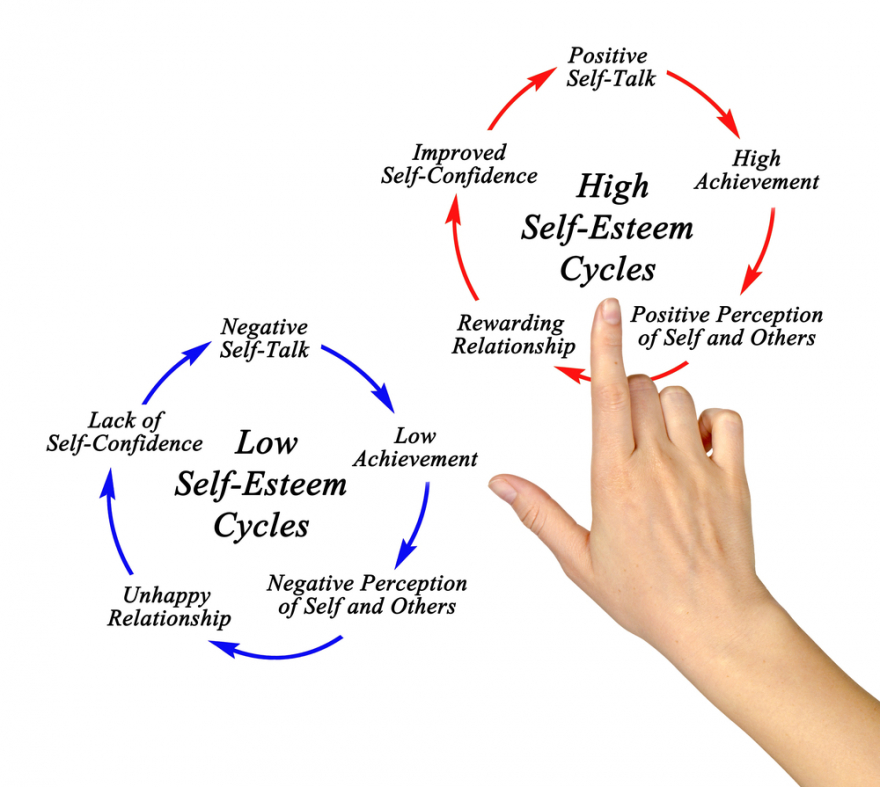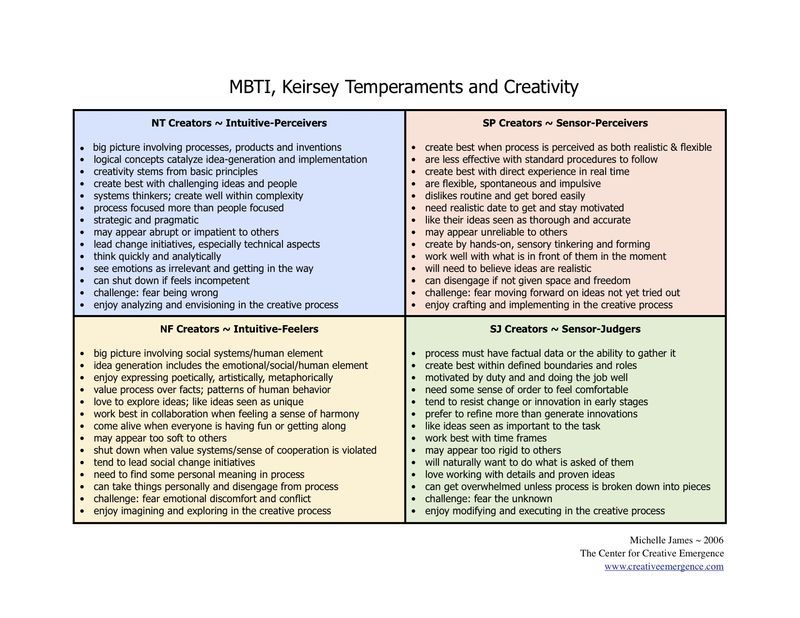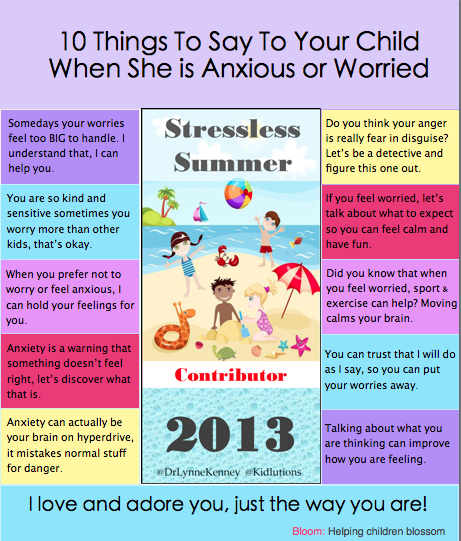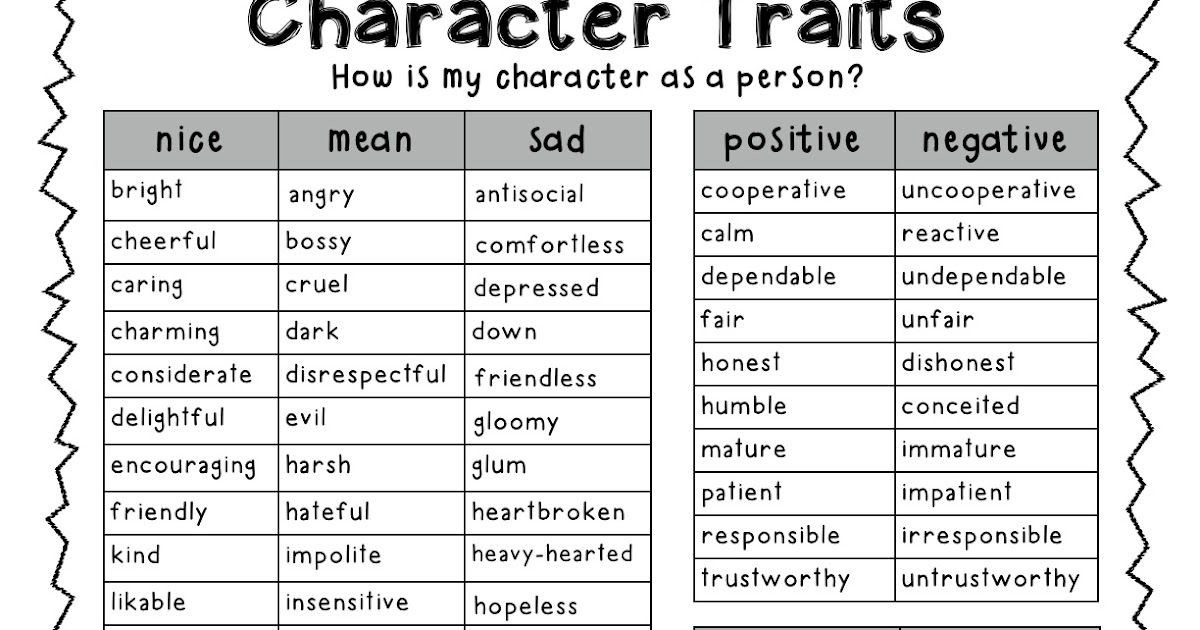Positive self concept
6 Essential Ways to Instill a Positive Self-Concept
With that in mind, a positive self-concept is a strong predictor of long-term mental health and overall wellbeing. A positive self-concept is attributed to resilience—one’s ability to achieve positive outcomes despite negative or challenging experiences.
On the other hand, a positive self-concept is a critical construct in educational psychology. As such, fostering a positive self-concept is often regarded as a goal of education, and it has been linked to a variety of educational outcomes.
Some of the educational benefits of a positive self-concept include:
- Higher academic achievement
- Improved persistence
- Improved approaches to learning, and
- Improved coursework choices
A healthy self-concept also has a major influence on psychological and social outcomes—it encourages the healthy development of:
- Personal and social abilities
- Coping skills
- Social interaction
- Overall happiness
- Emotional adjustment and socialization, and
- Parent-child relationships
With this in mind, educators and parents need to work together to help school-aged children develop healthy self-concepts.
Let’s delve deeper into how self-concept is formed.
Factors That Shape Self-Concept
Self-concept can be shaped by feedback received from parents, siblings, teachers, community, and coaches. Temperament, context, cultural heritage, gender, life experiences, and the media can also shape who a person thinks he/she is, and even how they feel about themselves.
According to self-comparison theory, comparisons to other people have a major influence on self-concept. Individuals describe and assess themselves based on how they compare themselves to other people.
Early childhood years can also influence an individual's self-concept. Under the right circumstances, one's self-concept can be transformed regardless of how it was created.
Evidence-Based Interventions for Self-Concept Development
Developing a positive self-concept should start at an early age—from when a child is an infant. In addition, interventions for building self-concept require a solid working theory, receptive and informed participants, thoughtful planning, and consistency.
Below are tips that educators and parents can utilize to develop a positive self-concept in children and youth:
Promote a Healthy Self-Image
Self-image refers to the way an individual sees themselves both mentally and physically. Self-image is based on self-perception, including how one perceives one's appearance, beliefs, feelings, and behaviors.
Self-image can be shaped by learning, and by personal experiences with parents, teachers, and significant others.
Accordingly, early childhood influences can have significant effects on a person’s self-image. Interactions with others can affect how children or youth think or feel about themselves. Consequently, the level of self-image can affect mental health during childhood, and into adulthood.
Self-image also influences school achievement and academic success. With this in mind, educators and parents can foster a healthy self-image by encouraging children and youth to:
- Describe themselves using affirmative and encouraging words.
 Choosing the wrong words can undermine a person’s self-image—negative self labels can undermine an individual’s unconditional self-worth.
Choosing the wrong words can undermine a person’s self-image—negative self labels can undermine an individual’s unconditional self-worth. - Recognize and appreciate their unique strengths and abilities, and maintain realistic expectations about their liabilities and limitations.
- Love and appreciate themselves
- Stop comparing themselves to others
On the other hand, teachers can foster self-image by:
- Giving honest and authentic feedback
- Enhancing creativity by creating an atmosphere of psychological safety and freedom
Foster Positive Self-Concept Through Psychotherapy
Lack of a good self-image or poor self-concept can trigger many feelings and behaviors, including:
- Anxiety
- Absenteeism
- Unwillingness to take risks
- Self-destructive thought patterns
- Indiscipline
- Bullying
- Fear of rejection and abandonment
- Inability to form close relationships
- Unnecessary self-protection
Accordingly, offering psychological counseling can create a positive self-concept, and break the cycle of unhelpful thoughts and behaviors. A school counselor or psychologist can help children and youth identify and modify their self-limiting beliefs. Psychologists also explore how poor self-concept may have developed.
A school counselor or psychologist can help children and youth identify and modify their self-limiting beliefs. Psychologists also explore how poor self-concept may have developed.
With that in mind, the positive action guidance and counseling program is an appropriate tool for teaching students how to avoid negative behaviors. Importantly, the guidance and counseling program teaches students the emotional, psychological, physical, and behavioral benefits of positive actions.
Practice Attachment Parenting
A child’s self-concept begins to form when they are born. Consequently, parent-child relationships play a key role in children’s sense of self. Moreover, attachment security is an important component of social and emotional adjustment, and a healthy self-perception.
A parent’s attachment style or level of interest towards a child can determine the level of self-concept in a child—parents are the primary socializers of their children's expectations. A positive self-concept is more likely in a child who grows up in a supportive and secure environment.
Hence, creating a positive emotional bond with a child through a secure, nurturing and responsive relationship can foster a feeling of well-being. Secure children can develop an internal working model.
An internal working model provides a framework for understanding and approaching future interactions, as well as an understanding of themselves and others. In other words, the child’s relationship with the parent or caregiver provides a type of internal guidance for future behavior.
Foster Accountability for Actions
Almost every child wants to feel responsible and capable of doing what is required of them. Children need to feel responsible to maintain a healthy self-image, and for their lives to have meaning.
Children and youth want to feel important. They need to get the impression that their lives make a positive contribution. Accordingly, one of the most crucial skills we can teach our children is accountability.
When parents and teachers teach youth and children to take responsibility for their decisions and behavior, they are assisting them in becoming conscientious human beings and responsible community members.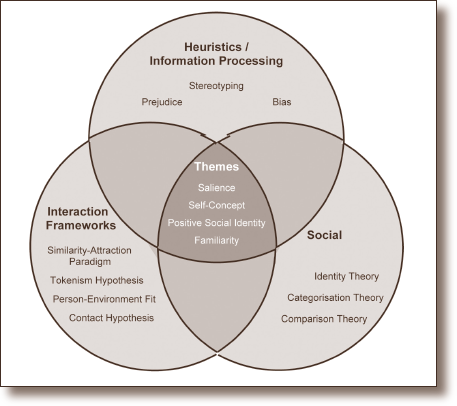
Here are a few strategies for increasing your child’s response-ability:
- Be a role model: A teacher’s or parent’s ability to accept responsibility is the first step in developing responsibility in children and youth. Don’t blame others for your mistakes or problems
- Provide opportunities for accountability: Allow children and youth to make their own decisions
- Hold the child accountable to rectify the mistake: Teach youth and children problem-solving skills for correcting mistakes.
- Help them recognize that mistakes are an opportunity for growth
- Assist them in gaining control of their situation: Institute a time management strategy where necessary.
- Establish boundaries: Clear and firm rules stipulate consequences for behavior
- Compliment the effort: Positive reinforcement offers encouragement to continue the behavior.
Emphasize on Setting Realistic Goals
Nothing is more demotivating than failing to accomplish a set goal. Accordingly, youth should be encouraged to set goals that represent an objective they are willing and able to work towards—realistic goals.
Accordingly, youth should be encouraged to set goals that represent an objective they are willing and able to work towards—realistic goals.
Goal-setting operates on a set of specific skills, which are easy to teach. As with most skills, teachers and parents need to start teaching effective goal-setting skills early. Students who accomplish set goals have a positive self-image, and a better understanding of their strengths, and weaknesses.
Strategies for effective goal-setting include:
- Creating clear and measurable goals
- Developing a detailed action plan for each goal
- Reviewing goals daily and tracking progress
- Revising action plans, if necessary
Persuade Children and Youth to Praise Themselves
Self-praise relieves a person of the need to wait for compliments or approval from others. Self-praise promotes the idea that it is acceptable to feel good about oneself.
Teaching youth and children to compliment themselves and their efforts is a delicate art. It entails assisting them in making realistic evaluations, gaining independence, and making their own decisions.
It entails assisting them in making realistic evaluations, gaining independence, and making their own decisions.
When a child or youth accomplishes a task, you can create opportunities for success by encouraging them to applaud themselves rather than complimenting them. For example, you can say, “You did well in your exams. How does it make you feel?”
Ascertain that the children can articulate specific positive aspects of their experience or achievement. Encourage children to praise themselves even when no one is listening. Most importantly, help children and youth distinguish between bragging and self-praise.
Take Steps to Shape the Self-Concepts of Your Students
Success in life, including academic achievement, is determined by how a child or youth feels about him/herself rather than by abilities or talent. Students who achieve success in academics and life, in general, know their worth, and their importance.
Moreover, students with healthy self-concepts can resist peer pressure. They are less likely to engage in unacceptable social behaviors, including substance abuse.
They are less likely to engage in unacceptable social behaviors, including substance abuse.
Nonetheless, the best strategy for fostering a positive self-concept among youth and children is a concentrated effort between educators and parents.
Positive Action programs are ideal for both educators and parents, and they’re highly effective in helping schools and students thrive. Here’s a success story from Compton Unified School District:
Watkins has been an enthusiastic and faithful implementer of PA. He says, “I like the Positive Action curriculum because it allows teachers to discuss issues such as self-esteem, respect, and hygiene in more detail than we normally would, which helps the students tremendously. Due to the daily reinforcement, my students’ behavior has improved immensely and, therefore, has made a positive impact on their academic achievement and attendance. My students now have a clear understanding of their strengths and weaknesses because they now have a new and positive concept of themselves. ”
”
For instance, the Positive Action T-A-F curriculum teaches students to engage in positive thoughts and actions so they can feel good about themselves.
By incorporating the positive action programs into your school curriculum, the self-concepts of students will continue to grow, and boost academic achievement.
10 ways to nurture your child’s self-concept:
Self-concept can be defined as the view one has of herself and her abilities. A child’s self-concept begins to develop at birth. It begins with how adults respond to her. Parents and caregivers create a positive emotional bond with an infant through warm and caring interactions. This positive emotional bond with parents and caregivers promotes a child’s healthy self-concept.
As the child grows, her ability to interact successfully with her environment nurtures a healthy self-concept. This is critically important in early childhood. The development of a positive self-concept at an early age empowers the child to feel competent, try new things, and strive for success. As parents, we have the opportunity (and responsibility) to nurture a positive self-concept in our children.
As parents, we have the opportunity (and responsibility) to nurture a positive self-concept in our children.
What can parents do to nurture a positive self-concept?
1. Be mindful of the language you use to describe your children. Do not label them with words such as ‘lazy’, ‘naughty’, ‘aggressive’ or ‘mean’. Instead, look for and point out your child’s strengths.
2. Provide them with opportunities for success. Give your child age-appropriate tasks she can complete on her own. Having done so will give her a sense of pride and help build a “can do” mentality.
3. Show your children that you have faith in their goodness and in their abilities. This is a matter of language choice. For example, if your toddler, out of frustration, hits another child, you might say, “You naughty girl! How can you be so mean! I can’t believe you hit him! You’re in big trouble!” Or, you could say, “You got frustrated and hit him. It’s not ok to hit. I know you didn’t mean to hurt him. How can you express your frustration in different ways?”
4. Spend time together. A vital part of having a healthy self-concept is feeling loved and valued. Spend this time doing something fun and enjoyable for both of you, and avoid criticisms or lectures during this quality time.
Spend time together. A vital part of having a healthy self-concept is feeling loved and valued. Spend this time doing something fun and enjoyable for both of you, and avoid criticisms or lectures during this quality time.
5. Support your child’s interests. Learn what your child is interested in and support him in mastering that skill or accomplishing his desired level of achievement. Feeling competent and good at something grows a positive self-concept.
6. Set reasonable rules and enforce them with lovingkindness. Your rules should be age-appropriate and clear. These help your child to feel safe and learn how to manage herself. However, enforcing them with a heavy hand when your child steps out of bounds can actually erode the self-concept. It’s important to make sure your child knows that mistakes are a part of life and doesn’t mean she’s a bad person. When giving consequences, keep your child’s dignity in mind.
7. Help your child to manage his emotions and work out problems. This is why problem-solving is such a big part of positive parenting. When children learn to solve their own problems, they build confidence and, therefore, a positive self-concept. Learning to manage emotions is key to having the ability to step back from a situation and view it objectively.
This is why problem-solving is such a big part of positive parenting. When children learn to solve their own problems, they build confidence and, therefore, a positive self-concept. Learning to manage emotions is key to having the ability to step back from a situation and view it objectively.
8. Maintain a connected relationship. Being connected keeps the lines of communication open, and this is especially important as your child grows into adolescence. Knowing that she has you to talk to, that you will listen without casting out immediate judgment and take her feelings seriously, will help her to feel supported, safe, and important.
9. Give her the opportunity to explore her environment, ask questions without feeling like a nuisance, and engage in make-believe play activities. Children are curious and imaginative, and we must be careful not to squash those traits. To nurture curiosity and imagination, allow ample time for free play and exploration.
10. Acknowledge effort and offer encouragement.![]() Children need to know that first place isn’t the goal, but that personal best is a win, no matter what place that lands them. As she grows, her own self-evaluation will become important to her self-concept, and she needs to learn how to emphasize her strengths and accomplishments, even if there is no trophy in the end.
Children need to know that first place isn’t the goal, but that personal best is a win, no matter what place that lands them. As she grows, her own self-evaluation will become important to her self-concept, and she needs to learn how to emphasize her strengths and accomplishments, even if there is no trophy in the end.
A healthy self-concept is the foundation for the positive development and the over-all well-being of a child. When a child has a healthy self-concept, he sees himself as being loved, loving, and valuable, and that’s what we all want for our children.
From: Creative Child
Why is positive self-esteem important for a child?
-
Children with positive self-esteem feel good.
-
They are more motivated to overcome difficulties and ask for help.
-
You can help your child develop positive self-esteem.
Self-esteem is how much people value themselves and how important they think they are to their environment.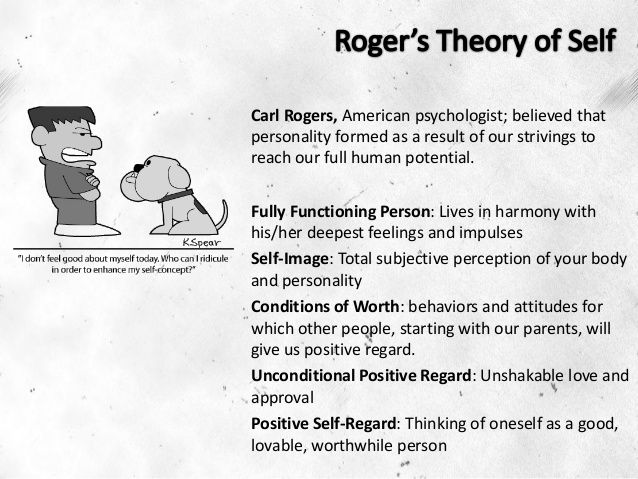 You've probably heard people talk about the importance of self-esteem for children, and "positive self-esteem" in particular.
You've probably heard people talk about the importance of self-esteem for children, and "positive self-esteem" in particular.
Positive self-esteem is when a person feels good about himself.
Learn more about positive self-esteem, why it's so important for a child, and how to help your child develop it.
Why positive self-esteem is important for a child
A child with positive self-esteem feels confident and capable. He appreciates himself and his abilities. He takes pride in what he can do and is motivated to try his best. nine0005
When a child is self-confident and sure of who he is, he is more inclined to a flexible way of thinking. This means that he can motivate himself to overcome new obstacles, cope with mistakes and learn from them. He is also more inclined to stand up for himself and ask for help when he needs it.
How a child develops positive self-esteem
A child develops positive self-esteem by working hard to achieve a goal and seeing how his hard work pays off again and again. Successful completion of tasks shows him that he has everything he needs to face new challenges. Success allows the child to feel satisfied with himself, he also begins to accept failure more easily, realizing that this is normal. nine0005
Successful completion of tasks shows him that he has everything he needs to face new challenges. Success allows the child to feel satisfied with himself, he also begins to accept failure more easily, realizing that this is normal. nine0005
When a child excels at something, it also makes other people happy, such as his friends and caregivers. This feedback also makes him feel good. And over time, a child's positive self-esteem continues to develop.
Having a positive self-esteem, the child:
-
Feels self-respect.
-
Cheerful and proud even when wrong.
nine0006 -
Feels in control of events in his life.
-
Operates independently.
-
Takes responsibility for his actions.
-
Feels comfortable and secure in building relationships.
-
Has the courage to make the right decisions, even in the face of peer pressure.
Consequences of negative self-esteem for a child
Many children have difficulty developing and maintaining positive self-esteem for many reasons. One common cause is problems at school.
One common cause is problems at school.
If a child fails in school, they probably don't get much positive feedback from adults or their classmates. The feedback he gets is mostly negative because he constantly hears about what he did wrong.
In some cases, the child may receive insincere positive feedback. Because of this, he may begin to distrust the adults who are supposed to help him. Or he may become wary of children because of ridicule or reproach from his "friends". nine0005
As a result, the child feels less confident in himself and his abilities. He may lose motivation to try to overcome difficulties, it is difficult to accept his mistakes. Deep down, he may not believe that he is worthy of good treatment or success.
Having negative self-esteem, the child can:
-
Get upset, angry, anxious and sad.
-
Lose interest in studies. nine0005
-
Having difficulty making friends and keeping in touch with them.

-
Be an easy target for bullying and intimidation.
-
Become withdrawn or easily succumb to peer pressure.
-
Develop self-destructive ways to solve problems, such as avoidance, denial and avoidance of problems, stupid behavior.
A child with negative self-esteem also finds it harder to stand up for himself. In other words, it is difficult for him to develop strong self-defence skills. nine0005
SEE ALSO:
-
How to discipline a child while maintaining a positive attitude?
-
8 reliable ways to help your child develop positive self-esteem.
-
How to help your child cope with impulsivity
The art of self-acceptance: developing positive self-esteem
There are three main causes of low self-esteem. The first is a series of defeatist concepts, beliefs, and values that you adopted from your parents. The second reason is the list of mistakes and failures characteristic of a person, compiled in school years due to false and distorted concepts of teachers. The third reason is a negative religious upbringing with its excessive emphasis on guilt and unworthiness. nine0166
The second reason is the list of mistakes and failures characteristic of a person, compiled in school years due to false and distorted concepts of teachers. The third reason is a negative religious upbringing with its excessive emphasis on guilt and unworthiness. nine0166
Author:
Robert Anthony, popular American psychologist and psychotherapist who has taught over 5,000 seminars worldwide.
Life proves that you can never be better than your opinion of yourself - that is, your self-esteem, based on a sense of agreement with yourself. It is mostly unconscious in nature and has been programmed into your subconscious since early childhood.
Positive self-esteem is not only an intellectual acceptance of one's talents or achievements. This is personal consent. Developing positive self-esteem is not selfishness. You simply understand that you are a truly unique and worthy person, a person who does not need to impress others with his achievements or wealth.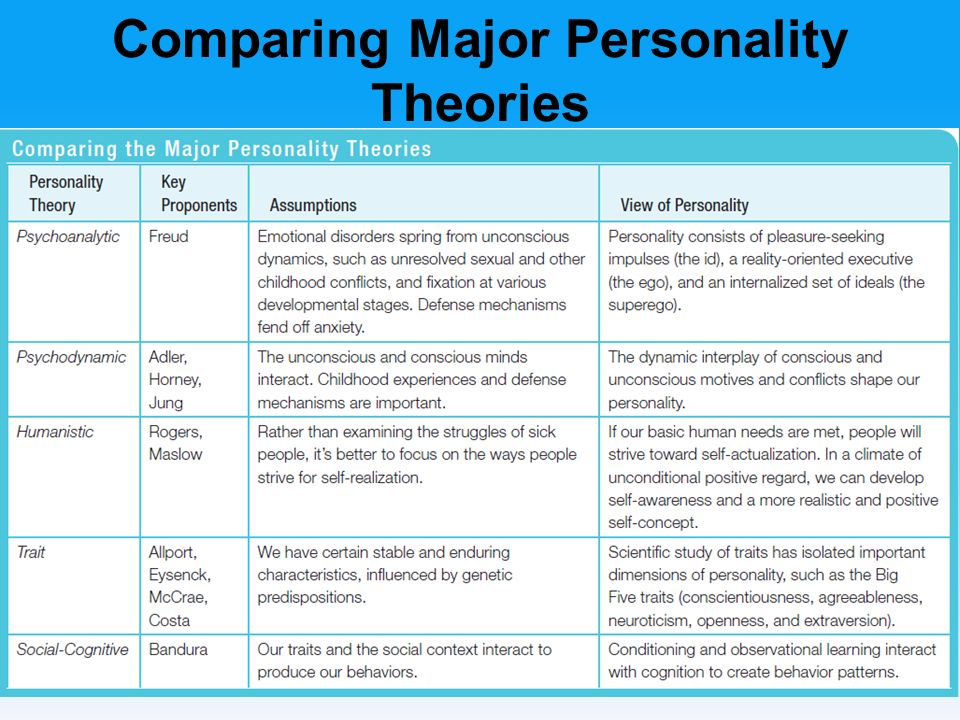 In fact, a person who constantly boasts exhibits one of the classic symptoms of negative self-esteem. nine0005
In fact, a person who constantly boasts exhibits one of the classic symptoms of negative self-esteem. nine0005
At first glance, many people seem to have positive self-esteem. But it is not always the case. One of the tragedies of our time is that many leaders, teachers, inventors, artists - people who have made a huge contribution to the development of mankind - suffer from low self-esteem. Some of the most respected historical figures became drug addicts, alcoholics, or even committed suicide just to get rid of a self that they disagreed with and often hated. nine0005
Developing positive self-esteem is not just a way to become a happy person. It is the foundation upon which all life must be built. If you hope to find freedom, you must take this task seriously, otherwise you should expect that low self-esteem will worsen over the years, and you will join the tragically large number of people who now sit at home and feel sorry for themselves.
To relate what you have learned to your behavior pattern, it is important to know how low self-esteem develops and how it manifests itself in others.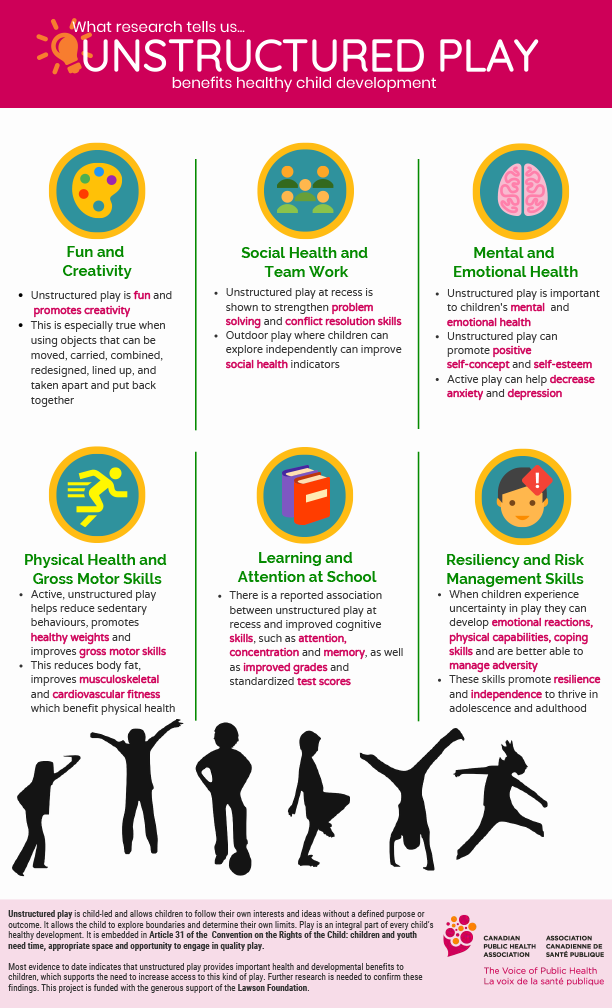 Then you will be able to understand what should be done to move forward. nine0005
Then you will be able to understand what should be done to move forward. nine0005
Causes of low self-esteem
There are three main causes of low self-esteem.
- The first is a series of defeatist concepts, beliefs, and values that you adopted from your parents.
- The second reason is the list of mistakes and failures characteristic of a person, compiled in school years due to false and distorted concepts of teachers.
- The third reason is a negative religious upbringing with its excessive emphasis on feelings of guilt and unworthiness. nine0006
There are many other factors that cause low self-esteem, but these three are the most important.
The strongest factor that determines the emergence of feelings of guilt in childhood is
low self-esteem in our parents . This is especially true of the mother, the person with whom we usually spend our most memorable years. Because most adults act out of false principles, values, and beliefs, it is passed on to children like a contagious disease through behavior and reactions.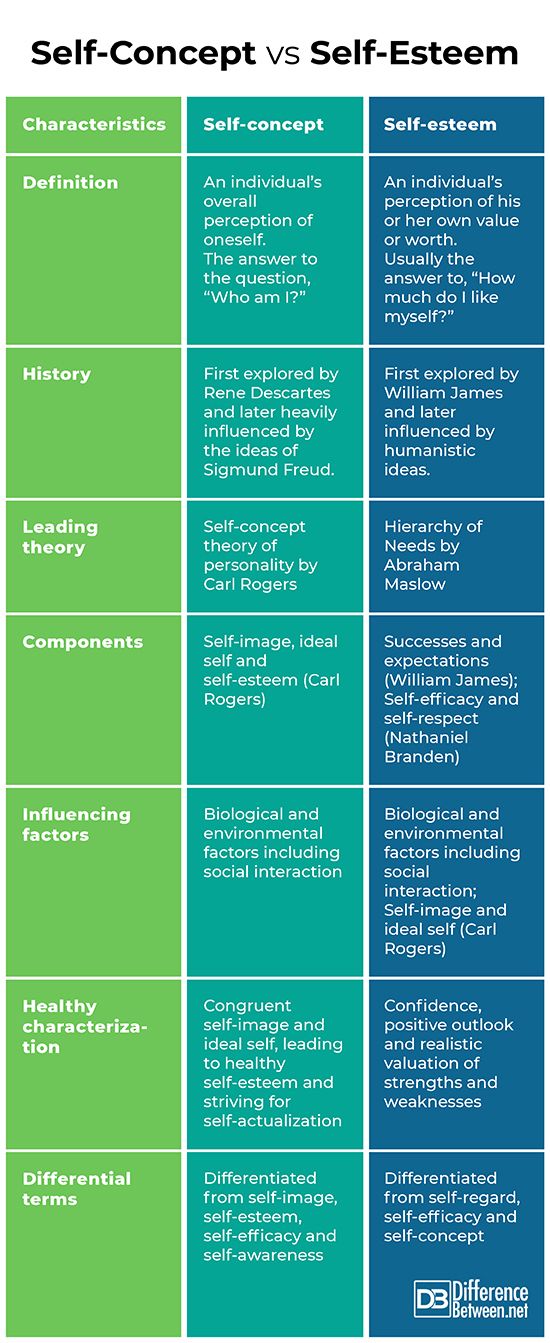 If parents consider themselves in any way inferior and inferior to others, children feel unworthy and as a result are unable to cope with the simplest problems at home or at school. In essence, the parents' false judgments become "facts" of the children's experience. The following will help you understand how this happens. nine0005
If parents consider themselves in any way inferior and inferior to others, children feel unworthy and as a result are unable to cope with the simplest problems at home or at school. In essence, the parents' false judgments become "facts" of the children's experience. The following will help you understand how this happens. nine0005
When you are born, your brain is no larger than one eighth of an adult brain. By eighteen months, this difference is reduced to one-half, and at the age of five, the brain size of a child is five-sixths of that of an adult. It is the fastest growing organ. During a period of rapid growth, known as the “accumulation period,” your brain receives key impressions that help shape your behavior patterns. It is easy to understand that if at this time one of your parents or both suffer from low self-esteem, it is easily absorbed by the impressionable mind of the child. nine0005
It all starts when you make your first mistake and get called a "bad girl" or "bad boy". You misinterpret these words and consider yourself "bad" when in reality only your actions were "bad". Considering yourself a “bad girl” or “bad boy”, you identified yourself with your actions and did not understand that they are just your chosen means of satisfying your primary needs and in some cases your choice is wrong and unacceptable. If the child does not learn to understand this, he will consider himself irreparably bad and he will develop a sense of his own unworthiness and second-rateness, which will be programmed into his subconscious. This feeling will manifest itself in succession in shame, self-contempt, remorse, and, worst of all, in a sense of guilt. nine0005
You misinterpret these words and consider yourself "bad" when in reality only your actions were "bad". Considering yourself a “bad girl” or “bad boy”, you identified yourself with your actions and did not understand that they are just your chosen means of satisfying your primary needs and in some cases your choice is wrong and unacceptable. If the child does not learn to understand this, he will consider himself irreparably bad and he will develop a sense of his own unworthiness and second-rateness, which will be programmed into his subconscious. This feeling will manifest itself in succession in shame, self-contempt, remorse, and, worst of all, in a sense of guilt. nine0005
Low or negative self-esteem develops further when the child is compared to others in a humiliating way. When parents compare a child with a brother, sister, and especially with someone outside the family, his rudimentary sense of his own inferiority grows and strengthens. He compares himself to children of the same age, whom everyone admires, and suffers from his imaginary flaws. The child believes that others are more powerful, self-confident and more popular, and as a result, he is filled with a destructive sense of inferiority. If parents softened their criticism with encouraging phrases like “this should not have happened to such a nice boy like you”, then such a reaction in many cases could be prevented. nine0005
The child believes that others are more powerful, self-confident and more popular, and as a result, he is filled with a destructive sense of inferiority. If parents softened their criticism with encouraging phrases like “this should not have happened to such a nice boy like you”, then such a reaction in many cases could be prevented. nine0005
Another mistake of parents -
lack of understanding or recognition of the uniqueness of their child . Most parents pay little attention to the feelings, desires, and opinions of their children, bombarding them with such remarks as “the child should be seen, but not heard” or “father / mother knows best what to do!” They perceive disagreement either as a personal insult or as an open disrespect for themselves. This behavior is due to low self-esteem and manifests itself in the need to always be right. Such parents believe that only their children have problems, when in fact both they and their children have them. nine0005
Here is one disturbing fact:
many parents live indirectly through their children . Having decided that their child should have everything that they themselves secretly aspired to and that they could not achieve, they ruthlessly push him to the goal, regardless of the limits of possibilities. They want their own unfulfilled dreams of success to come true. Of course, this is done at the expense of the child. Such parents do not understand that a child cannot live up to their unreasonably high standards simply because they have not developed—or perhaps do not even have—the emotional, mental, or physical abilities necessary to do so. nine0005
Having decided that their child should have everything that they themselves secretly aspired to and that they could not achieve, they ruthlessly push him to the goal, regardless of the limits of possibilities. They want their own unfulfilled dreams of success to come true. Of course, this is done at the expense of the child. Such parents do not understand that a child cannot live up to their unreasonably high standards simply because they have not developed—or perhaps do not even have—the emotional, mental, or physical abilities necessary to do so. nine0005
Appearance becomes one of the causes of low self-esteem much more often than is commonly thought. A large number of children face physical, intellectual and emotional difficulties because of their unusual or abnormal appearance. By constantly focusing on this and convincing themselves that they are “too fat”, “too tall”, “too slow”, etc., children develop a deep sense of inferiority, which later can be difficult to overcome.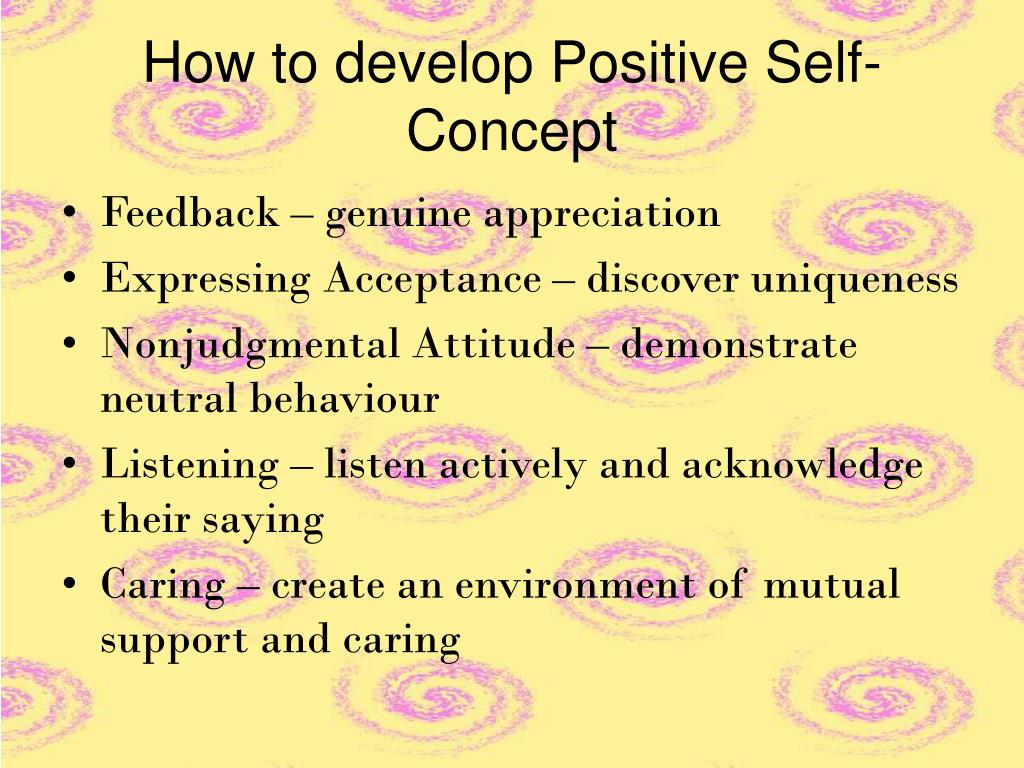 nine0005
nine0005
Some parents place a high value on money and wealth. The child identifies with these values and falls into the shackles of a hoarding lifestyle that requires him to constantly struggle and intrigue. He often marries for money and pays dearly for what he gets. As a result, as the saying goes, "spends money he doesn't have on things he doesn't need to impress people he doesn't know." As materialism destroys the child's sense of self-worth, he is drawn into the pursuit of wealth, compensating for feelings of inferiority. nine0005
Overly bossy, caring or indulgent, they turn their child into an emotional cripple. Deprived of the motivation to face life's situations with confidence and dignity, he procrastinates and chooses the path of least resistance. Lack of self-confidence gives rise to feelings of inferiority, and this in turn forms the basis for low self-esteem.
Contrary to popular belief,
a system of education based on reward and punishment is a guarantee of low self-esteem . The child should be allowed to take the initiative and make as many mistakes as necessary to learn the lesson without being punished for them. Having learned from their mistakes, the child will most likely never repeat them. He will understand: whatever you do, you will either earn a reward, or you will face the consequences of your mistakes. And the sooner the better.
The child should be allowed to take the initiative and make as many mistakes as necessary to learn the lesson without being punished for them. Having learned from their mistakes, the child will most likely never repeat them. He will understand: whatever you do, you will either earn a reward, or you will face the consequences of your mistakes. And the sooner the better.
The most detrimental thing about interdependence is that our low self-esteem passes from one generation to the next. Studies have shown that tragic suicidal tendencies are inherited. It is not difficult to understand that if low self-esteem is transmitted from parent to child, then in some cases its manifestations can go to extremes. nine0005
Infecting children with our feelings of inferiority, we seek to infect everyone else with whom we come into contact . If our position allows us to influence others (take, for example, a teacher or a preacher), we spread disease to those who look to us as leaders or as a source of inspiration.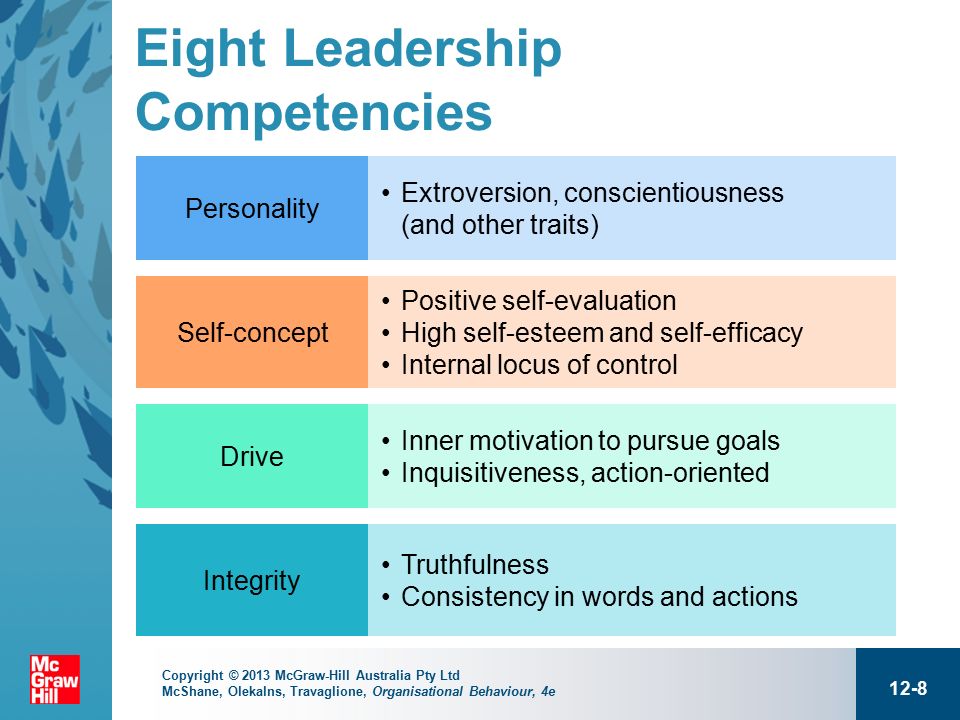 People intuitively feel a lack of self-esteem and inevitably begin to adopt some of the qualities that they associate with us. I have given advice to hundreds of people who suffered from a lack of self-confidence and, as a result, were unable to successfully navigate life situations. Each of these was the result of having low self-esteem developed at home, at school and/or under the influence of a negative religious upbringing. nine0005
People intuitively feel a lack of self-esteem and inevitably begin to adopt some of the qualities that they associate with us. I have given advice to hundreds of people who suffered from a lack of self-confidence and, as a result, were unable to successfully navigate life situations. Each of these was the result of having low self-esteem developed at home, at school and/or under the influence of a negative religious upbringing. nine0005
Low self-esteem has many forms and manifestations. They can be described as the means and habits we develop in order to elude the demands of everyday life. This is an alibi that allows us to temporarily avoid reality. The destructive power of our addictions is directly related to feelings of inferiority and fear of ourselves. We hide behind our alibis, masking the low self-esteem that we do not want to show to others.
The main tendencies of a person with low self-esteem
Complaints and accusations.
We blame and complain about others because we refuse to accept that we ourselves are responsible for everything that happens to us. It's much easier to shift the blame to someone else than to say "that's my problem" or "it's me who needs to change." A person who has become in the habit of complaining and blaming others for his failures feels inferior and tries to strengthen his position by belittling others.
It's much easier to shift the blame to someone else than to say "that's my problem" or "it's me who needs to change." A person who has become in the habit of complaining and blaming others for his failures feels inferior and tries to strengthen his position by belittling others.
The search for the culprit. nine0166
We blame other people for not accepting or agreeing with our value system. We compensate for our feelings of inferiority by trying to make ourselves right and them wrong. Notice how often we blame people for things we don't like about ourselves. In judging their actions, we are essentially saying, “I don’t like myself when I do this, so I can’t let you get away with this behavior.” We strive to blame those around us for precisely those weaknesses and mistakes of which we ourselves are most guilty - this is a psychological truth. nine0005
Need for attention and approval.
Many people have a craving for attention and approval. They are not able to understand and evaluate themselves as worthy and full-fledged individuals.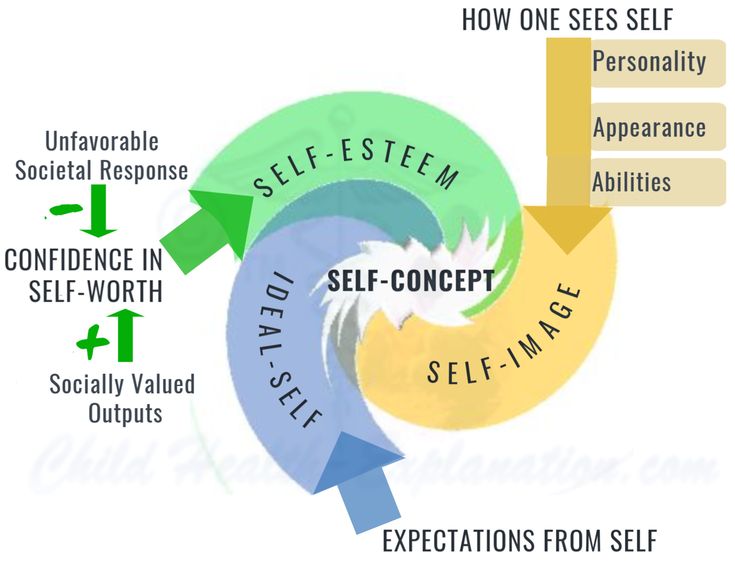 This leads to a constant need to hear that they are “okay” and that they are appreciated and understood.
This leads to a constant need to hear that they are “okay” and that they are appreciated and understood.
Absence of close friends.
People with low self-esteem tend to have no close friends. Feeding hostility towards themselves, they become either “loners”, living separately from the rest, or adhere to the opposite pattern of behavior and become aggressive and assertive, critical and demanding. Neither trait is conducive to friendship. nine0005
Aggressive need to win.
If we are obsessed with the desire to always win or be right, then we usually suffer from a desperate need to prove it to everyone around us. We are trying to highlight our achievements. The motivation that drives us is to get the recognition and approval of other people. The goal, then, is to "be better" than the neighbor.
Excessive self-indulgence.
People who feel dislike for themselves cannot live in peace with themselves and usually try to satisfy their needs by substituting landmarks.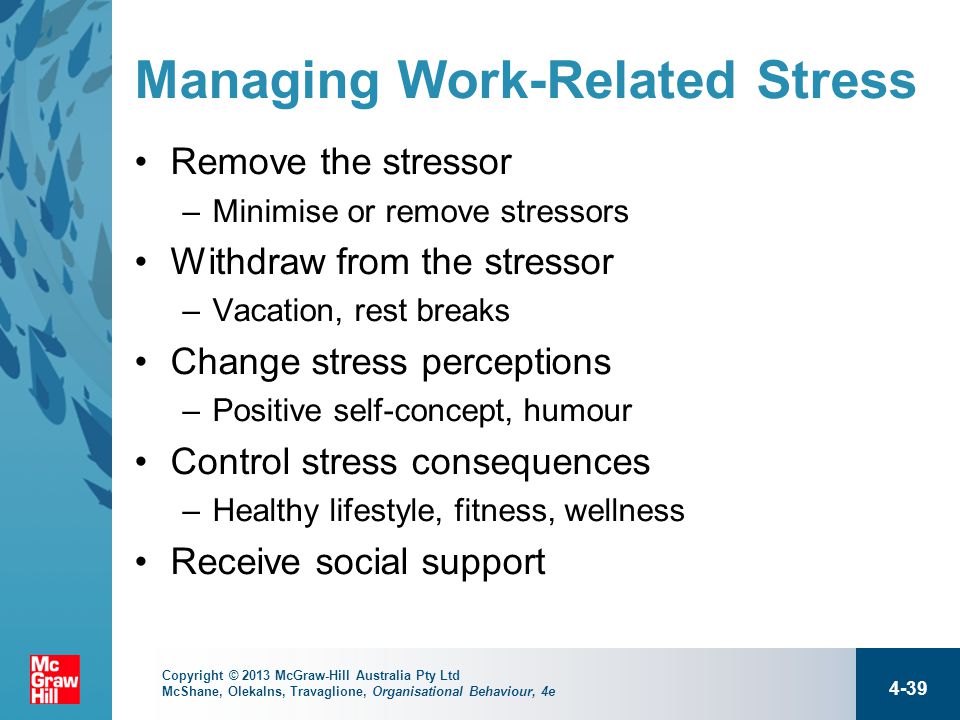 Feeling left out and offended, they seek spiritual and physical "opium" that dulls the pain. They overeat, take drugs, drink, or smoke excessively for temporary physical satisfaction that dulls their emotional anguish and desperate need for self-approval. Excessive self-indulgence compensates for feelings of self-denial. This self-attitude temporarily delays the meeting with reality and the growing need for change. nine0005
Feeling left out and offended, they seek spiritual and physical "opium" that dulls the pain. They overeat, take drugs, drink, or smoke excessively for temporary physical satisfaction that dulls their emotional anguish and desperate need for self-approval. Excessive self-indulgence compensates for feelings of self-denial. This self-attitude temporarily delays the meeting with reality and the growing need for change. nine0005
Depression.
We become depressed when we are completely disappointed in ourselves and in our ability to achieve what we want from life. We feel inferior and unworthy by not doing the things that we should have done, in our own opinion or in the opinion of other people. The collapse of life plans and the constant worry of justifying our own expectations and the expectations of others lead us to an extremely low level of self-esteem.
Divorces. nine0166
Many divorces are the direct result of low self-esteem in one or both partners.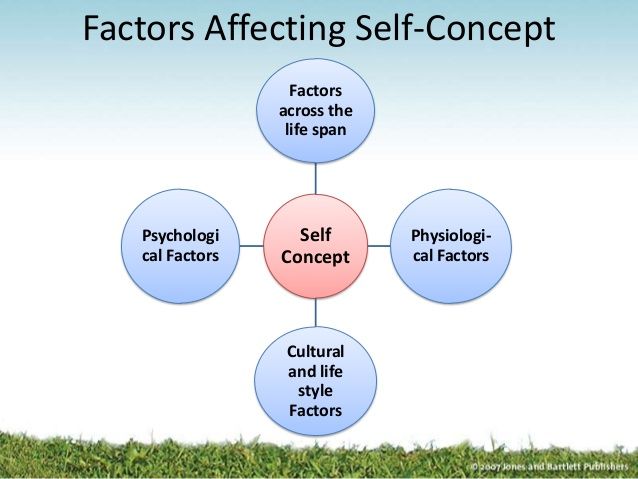 Most often, those ties break up where one partner feels a constant need to control the other, dominate him or completely possess him. The constant search for guilt leads to bitterness and resentment, usually combined with deep feelings of inferiority, insecurity, and a desperate need to love and be loved.
Most often, those ties break up where one partner feels a constant need to control the other, dominate him or completely possess him. The constant search for guilt leads to bitterness and resentment, usually combined with deep feelings of inferiority, insecurity, and a desperate need to love and be loved.
Greed and selfishness. nine0166
Greedy and selfish people experience an all-consuming sense of their own inferiority. They are at the mercy of their needs and desires and are ready to satisfy them at any cost in order to somehow compensate for the lack of self-esteem. They rarely have the time or desire to care for others, even the people who love them.
Uncertainty and procrastination.
Low self-esteem is often accompanied by a fear of making mistakes. Doubting the ability to do what others expect of him, a person usually does nothing at all, or at least postpones action for a long time. He refuses to make a decision because he believes he is incapable of making the "right" choice. Another personality type in this category is the perfectionist. He is close in character to the type described above, but always feels the need to be "right." At the heart of his behavior is also a deep self-doubt. He insists that he is above criticism, and therefore may consider himself "better" than those who do not fit his criteria of perfection. nine0005
Another personality type in this category is the perfectionist. He is close in character to the type described above, but always feels the need to be "right." At the heart of his behavior is also a deep self-doubt. He insists that he is above criticism, and therefore may consider himself "better" than those who do not fit his criteria of perfection. nine0005
Self pity. Self-pity, or the "poor me" syndrome, comes from our inability to take control of our lives. We consciously give ourselves at the mercy of other people or circumstances. We are being pushed in one direction or another. We allow people to upset, hurt, criticize and anger us because we are addicted and love attention and sympathy. Many people rejoice in their illnesses, because there is great strength in weakness. After all, people around us begin to pay us such a desired attention and are ready to serve. nine0005
You can develop your personal qualities and expand your professional opportunities when studying on an individual program, with the help of a personal curator, compiling your curriculum from any training courses in our catalog.
